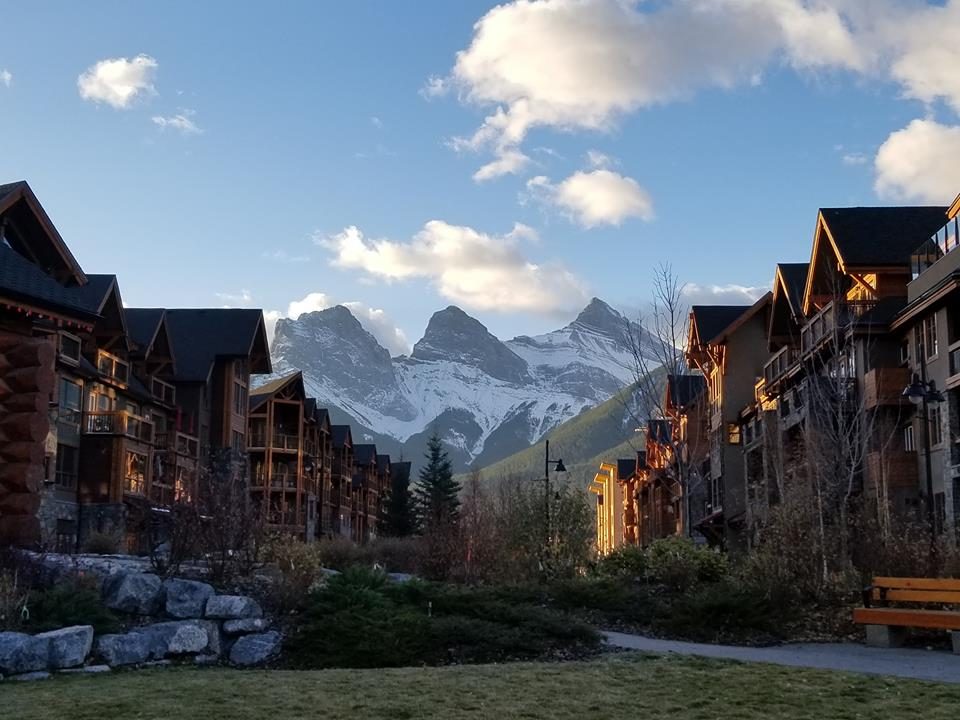In my previous two posts I provided a broad definition of what lower class and middle class status looks like. In this post I will outline what I believe upper class status looks like across a few key variables. If you’re like the majority of people here in North America it’s likely that you experienced growing up and spending most of your life in middle class. While I would argue that socio-economic classes are subjective and have many factors that contribute to them, there are a few key indications that I believe strongly identify as middle class.
A few of these indicators that I will unpack for you include: investments, travel and leisure, real estate, vehicles, food, and education. This list is by no means exhaustive but will certainly highlight the differences between the different classes.
Investments: Upper class families are able to maximize their retirement savings each year and are taking full advantage of tax deferred accounts, tax-free savings accounts, and are maximizing education savings for their kids. They may also use other forms of wealth preservation including incorporating to reduce liability/exposure to assets, offshore holdings, etc. Building wealth is a hub and spoke concept in which they have multiple streams of income from businesses, royalties, and income producing investments. Upper class will typically have significant additional disposable income left for leisure or travel. There are sufficient resources to manage unforeseen expenses that pop up throughout the year without any impact on their retirement savings or other goals.
Travel and Leisure: Upper class families are able to travel multiple times each year. Travel is no longer a luxury or means to escape, but rather a necessity to engage in business, sport, and otherwise life as usual. Experiences and access will be enhanced for upper class; i.e. lower bowl at the game, backstage at the concert, first class airfare, etc. Each person in the household is likely able to pursue their own hobbies and interests at a high level where international travel may be required. Memberships come with privilege’s, and networking is highly important!
Real Estate: Most upper class families will live in moderate to expensive zip codes in safe (perhaps gated) communities and may have concierge services. For the purpose of this explanation, let’s not get bogged down by the type of house, etc. Instead, I’d like to point out that most upper class families will likely have a secondary getaway house on the golf course, in the mountains, or on the lake. Investment properties may also be a large part of their portfolio of holdings.
Vehicles: Upper class families will have one newer vehicle for each parent, and each child that is licensed will typically have their own vehicle as well. The type of vehicle may vary as the millionaire next door type will stick with a modest reliable vehicle, while more extravagant upper class will steer towards a vehicle that brings status/stature along with it. The disposable income may be so great at this upper class, that some families will have luxury exotic vehicles and can easily afford to insure, and maintain them. It’s also very likely that they will have recreational vehicles such as a motorcycles, convertibles, RV/motorhomes, or a boat, etc.
Food: Upper class families live in abundance and never run into issues providing food or other necessities for their family. Children who grow up in upper class household’s always having food available, and therefore won’t associate success or wealth with always having food. Additionally, upper class families can afford to buy fresh organic food, and may follow special diets. Like the other classes, food will be a part of celebrating, but it will never be the central focus to the celebration itself. Food will be more of a means to stay energized, and dining becomes more of an experience and place to come together for family gatherings, business, or otherwise just to socialize.
Education: In upper class families, education is emphasized more so for the experience and role it plays in building relationships, socializing, and learning to network. Attending prestigious schools with stature are important and studying abroad is encouraged! Students are also encouraged to become engaged in inspiring hobby’s or competitive sports at a high level. Many upper class families encourage students/young adults to build/develop skills instead of being “joiners” and following in others paths.
Feel free to leave a comment or contact me with your thoughts!
-RAFI

